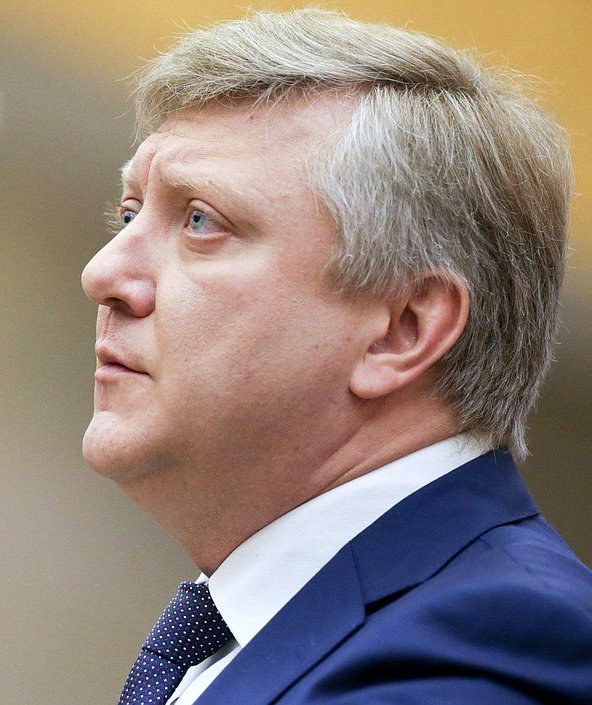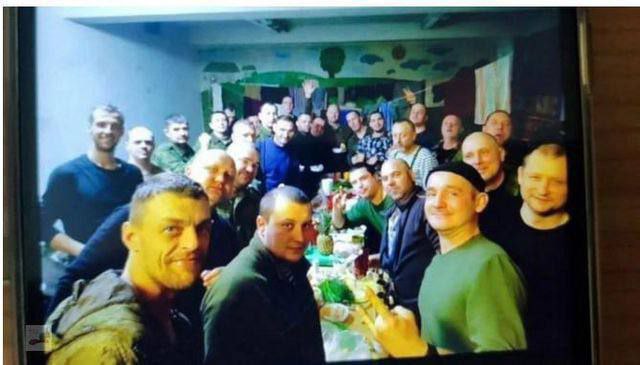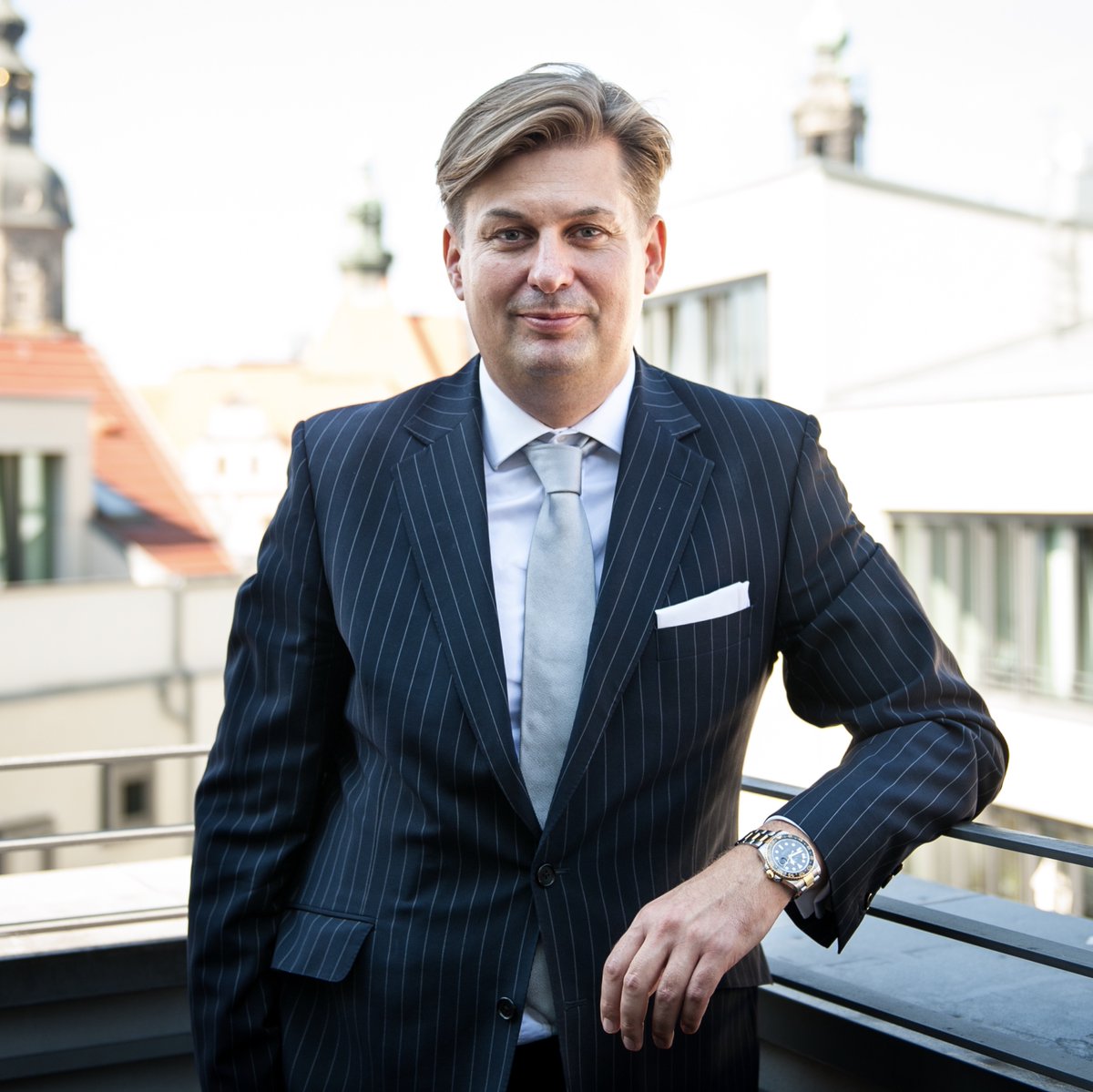
1/ The Wagner Group has attracted worldwide notoriety for its extreme brutality, which has included the filmed executions of its own members and many other human rights abuses in multiple countries. An interesting account of its evolution has been published in Russian. 
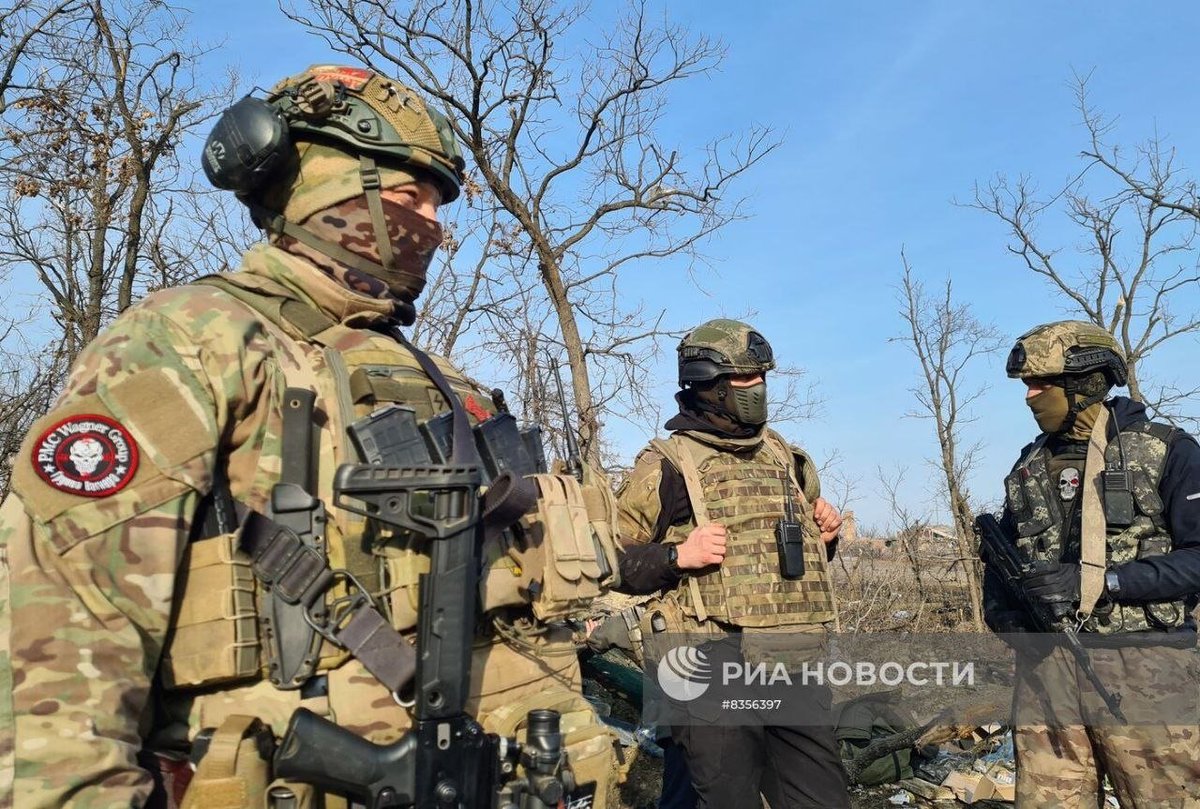
2/ A few days ago, in response to the US designating Wagner a "transnational criminal organisation", Wagner head Yevgeny Prigozhin wrote a letter in English to the Biden Administration asking to "clarify what crime was committed by PMC Wagner?" There are almost too many to list. 
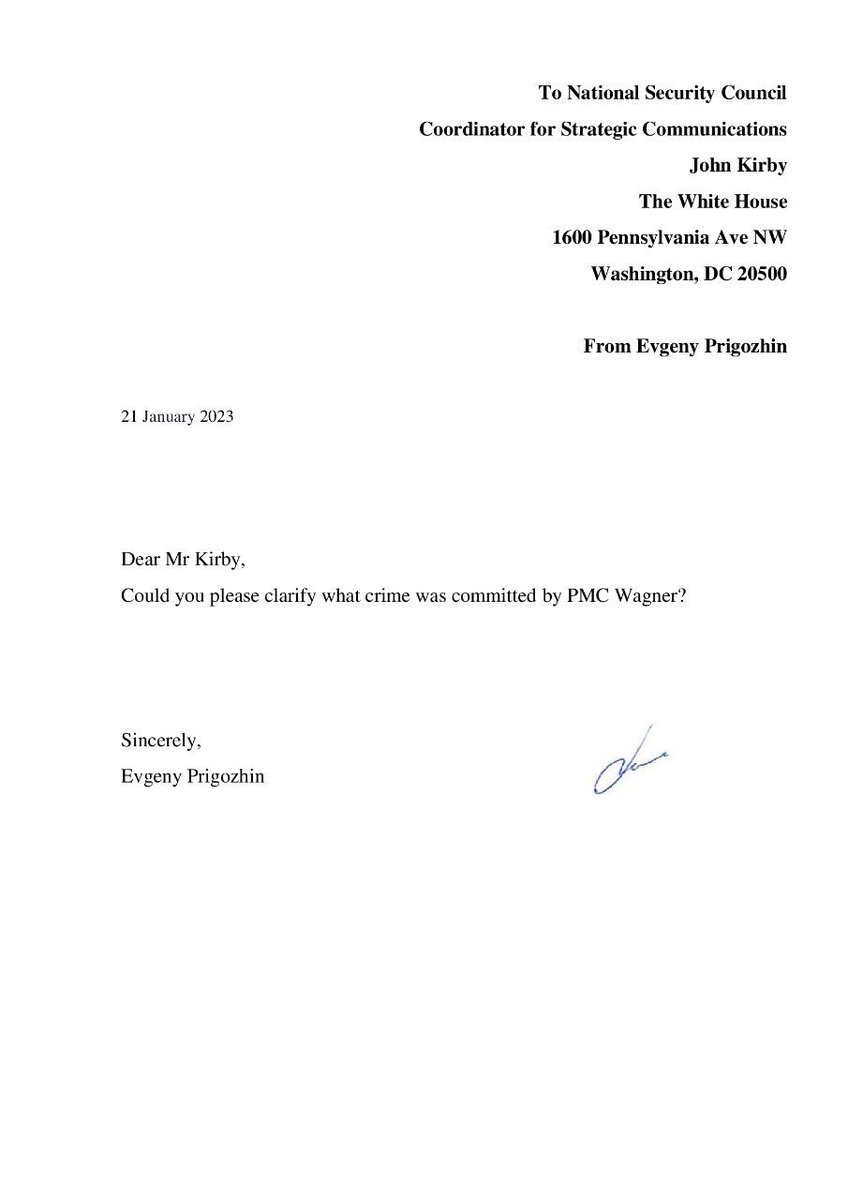
3/ The Russian Criminal website, which is linked to the VChK-OGPU Telegram channel, has posted an account of how Wagner's reputation for brutality, torture and murder grew over the past decade. This thread summarises Russian Criminal's account (content warning).
4/ Wagner reportedly had a poor opinion of all sides in the Syrian war. Its founder Dmitry Utkin took the attitude that "we are Slavs, Russians, whites". Assad's forces were distinguished by their poor training and cowardice, civilians were treacherous and ISIS was unspeakable. 
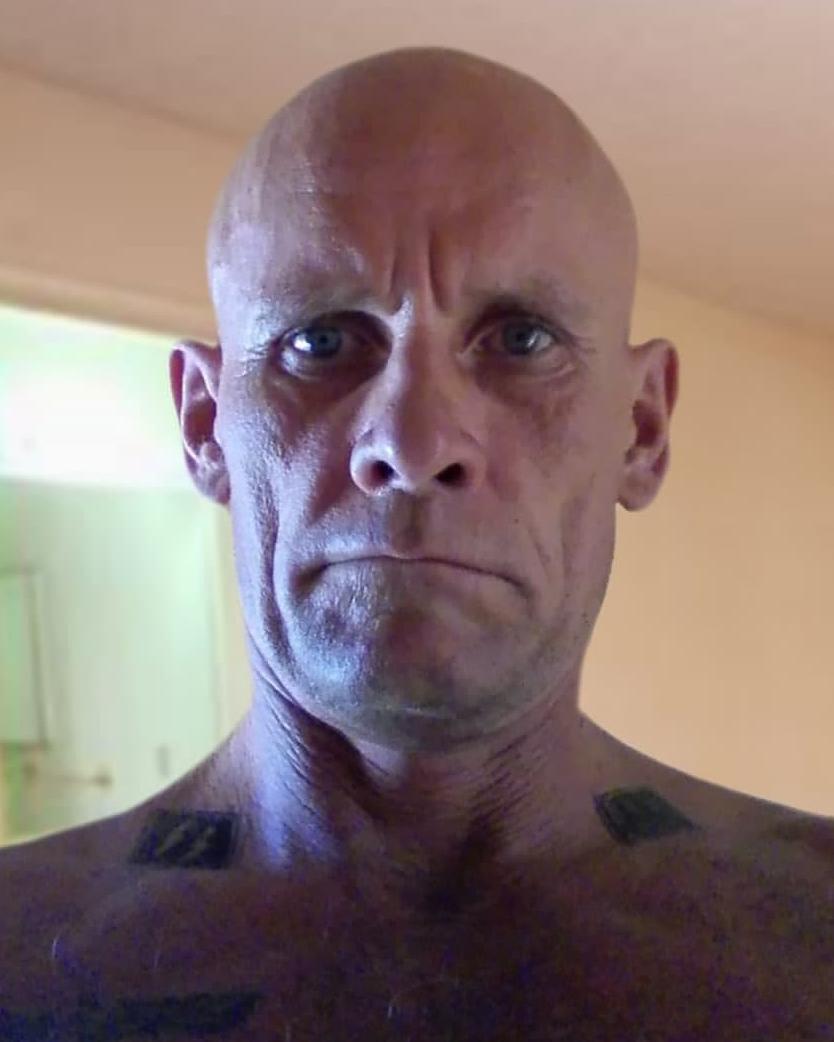
5/ The conflict was of a far lower intensity than in Ukraine. Bored Wagner fighters got into the habit of buying the severed heads of "Islamic fighters", but had to give this up because of the number of heads they were acquiring. 

6/ Syrians were killed regardless of whether they were really enemies or not. "With a bearded head no one could tell whether an Islamic fighter had really been killed or whether it was just someone who had been caught in the act. The locals did not like them anyway."
7/ Wagner members took to using sledgehammers to 'discipline' deserters from pro-Assed militia groups. With captured ISIS members, "everything was much tougher, because they tortured the prisoners harshly and always ... creativity was allowed and at least not punished." 

8/ This was often filmed or photographed. Wagner acquired from ISIS a habit of turning executions into "a form of "torture art" with beautiful shots and non-trivial plots." This approach has persisted to the present day.
9/ The group was also involved in the conflict in Ukraine's Donbas region from 2014. Here, the situation was of "complete chaos, chaos and looting, disguised as a war ... cruelty here often took the form of manic sadism, which everyone was engaged in." 
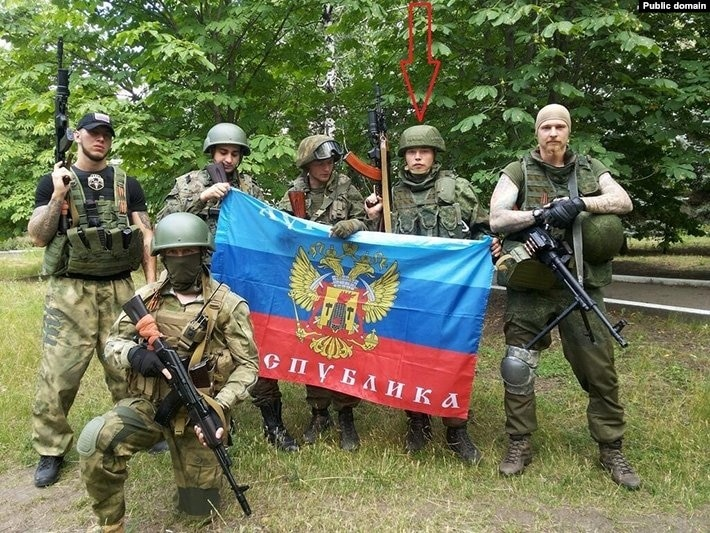
10/ A culture evolved of "criminal peace and banditry. The military and [security forces] proved to be quite weak in the face of this challenge: the criminal culture (despised as they were) weakened them from within, shifting their objectives from military to mercantile ones."
11/ Wagner members (who are nicknamed 'Musicians') engaged in torture as "the simplest and most effective way to obtain information". However, it was corrupted by the emergence of a market in real-life torture and murder videos, which Wagner was well-placed to supply.
12/ "The buyers of the videos varied – from the mainstream to those who bought "exclusives": sometimes they even ordered a type of execution and torture. As soon as the bosses saw that this did not improve morale, they quietly shut down the Musicians' activities."
13/ Torture and executions were 'professionalised' by being "systematically taken over by the Musicians' security guards. And they started "tapping" their deserters with a sledgehammer."
https://twitter.com/i/status/1609569144374005762/video/1
14/ The 2022 invasion of Ukraine led to Wagner's brutality increasing greatly. Unlike in Syria or the Donbas, Wagner faced a large-scale conventional war with lots of partisan activity behind Russian lines. Prigozhin's decision to recruit convicts had a big impact on its conduct. 

15/ "When mass recruitment of criminals began in Wagner, discipline was totally ratcheted up to a level that never existed in the normal army...
16/ "At the peak of their recruitment from the [penal colonies], the Wagnerites shot their 500s [refuseniks] and insolent criminals in far greater numbers than they shot POWs. Looting and rape were taboo because wherever a looter or rapist was born. a fighter died."
17/ Torture and murder videos proliferated, including at Wagner's highest levels. Prigozhin, who is himself a former convict who served time for violent crimes, "has a video on his phone, where a looter was skinned alive and put on a drip to make him suffer longer. 

18/ He showed this video many times to show what would happen if you killed your commander. It was meant for criminals, but on the whole it was a working thing."
19/ According to Russian Criminal, veteran Wagner members "say that the level of brutality in torture also depended on the closeness of overlap with other units.
20/ "It was like a version of a "pissing contest" [literally "measuring pussy"] with the military, over who was cooler and tougher in carrying out an execution."
21/ Wagner members competed to find ever more exotic ways of killing prisoners, like inserting electric heaters into their bodies and turning them on.
However, the apparent estrangement of the Wagner Group from the Russian military has led to a paradoxical drop-off in brutality.
However, the apparent estrangement of the Wagner Group from the Russian military has led to a paradoxical drop-off in brutality.
22/ They now "operate mostly independently, which also does not contribute to the "competitive spirit" of sophistication [in torture methods]."
Executions are now mostly carried out using firing squads; "the sledgehammer is exotic, a symbol."
Executions are now mostly carried out using firing squads; "the sledgehammer is exotic, a symbol."
• • •
Missing some Tweet in this thread? You can try to
force a refresh




